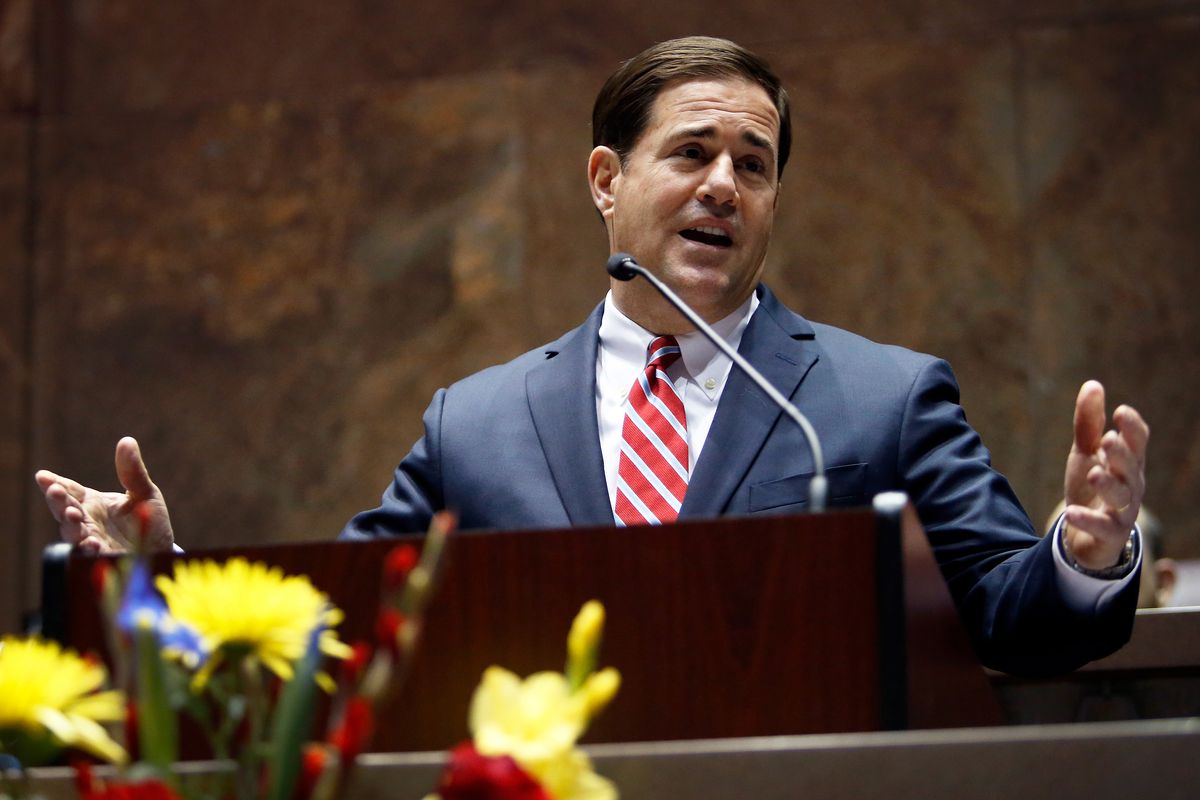Arizona Sports Betting Legalization Could Annul Tribal Gaming Compacts
Posted on: August 29, 2018, 01:00h.
Last updated on: August 29, 2018, 12:46h.
Arizona lawmakers are expected to soon consider sports betting legalization, but a lawyer is cautioning that such authorization has the potential to reduce the amount of tax revenue the state currently collects from its tribal casinos.

Arizona has no commercial casinos, only Native American gaming venues. Allowing non-tribal businesses to operate sportsbooks could void the state’s gaming compacts with the tribes and lead to fewer tax dollars, an attorney who specializes in tribal affairs says.
During a recent sports betting forum at the Arizona State University Sandra Day O’Connor College of Law, Phoenix attorney Stephen Hart voiced concerns on the state proceeding with sports gaming legislation. He highlighted the fact that the state’s tribal compacts give the Indian groups exclusive rights to gaming in exchange for tax revenue.
But those compacts are thrown into jeopardy if the state acts to expand gaming to non-tribal businesses. Tribes currently share up to eight percent of their gross gambling revenue with the state. That number can decrease, however, if the state expands gaming to non-tribal interests.
Arizona is home to about two dozen tribal casinos.
Caution Ahead
When the US Supreme Court ruled in a 6-3 decision that the Professional and Amateur Sports Protection Act (PASPA) violated the Constitution on anti-commandeering interpretations of the Tenth Amendment, many tribes across the country said they would want in on the liberalized gambling.
Hart says the state has two options. The legislature could pass a law to regulate the gambling activity, or Governor Doug Ducey (R) could simply amend the current tribal gaming compacts to allow the Native American casinos to begin operating sportsbooks.
“This is positive news,” Ducey said after the SCOTUS repeal. “We have been working on a modernized gaming compact. This ruling gives Arizona options that could benefit our citizens and our general fund.”
However, the National Indian Gaming Association (NIGA) later issued a nine-point plan for their federal legislative focus, and among the principles includes a mandate that “sports betting revenues will not be subject to taxation for tribal governments.”
Risk and Reward
Ducey doesn’t just want to allow the state’s tribes to operate sportsbooks, but also the 55 off-track parimutuel betting facilities found across Arizona.
“Of course, we have the tribal gaming compact. And of course we want to respect that and make sure we’re properly communicating with the tribes. But there’s also other factors we want to take into account,” the governor declared.
The legal fight will boil down to whether the Arizona tribes have exclusive rights to sports betting under their Class III gaming compacts with the state. Under the current arrangement, a so-called “poison pill” stipulates that if the state expands off-reservation gaming without tribal consent, the roughly $100 million the Native American casinos share with government coffers is threatened.
It’s important to note that sports betting is a thin-margin business that won’t flush the government with an abundance of tax revenue. Recent research suggests Arizona would stand to collect just $486,000 to $2.3 million in annual taxes generated from sports gambling.
Related News Articles
Most Popular
Mirage Las Vegas Demolition to Start Next Week, Atrium a Goner
Where All the Mirage Relics Will Go
Most Commented
-
Bally’s Facing Five Months of Daily Demolition for Chicago Casino
— June 18, 2024 — 12 Comments -
Chicago Pension Mess Highlights Need for Bally’s Casino
— July 2, 2024 — 5 Comments
















Last Comments ( 2 )
BS! What part of “sports” don’t you understand. Sports gamng is entirely seperate from “casino” gaming. Does not viloate any compact.
Mr. Stephen Hart: Answer this simple question...a question so simple, it is hard; your answer will debunk any notion there is a U.S.C. Title 25-INDIANS. Subsequently, no Indian Gaming Act and no Indian casinos. Everyone is in a tizzy over U.S.C. Title 25-INDIANS which does not exist under the United States Constitution. "Where is the proclamation ratified by the voters of the United States that amends the United States Constitution to make the health, welfare, safety and benefits of a select group of U.S./State citizens distinguishable because of their Indian ancestry/race?"